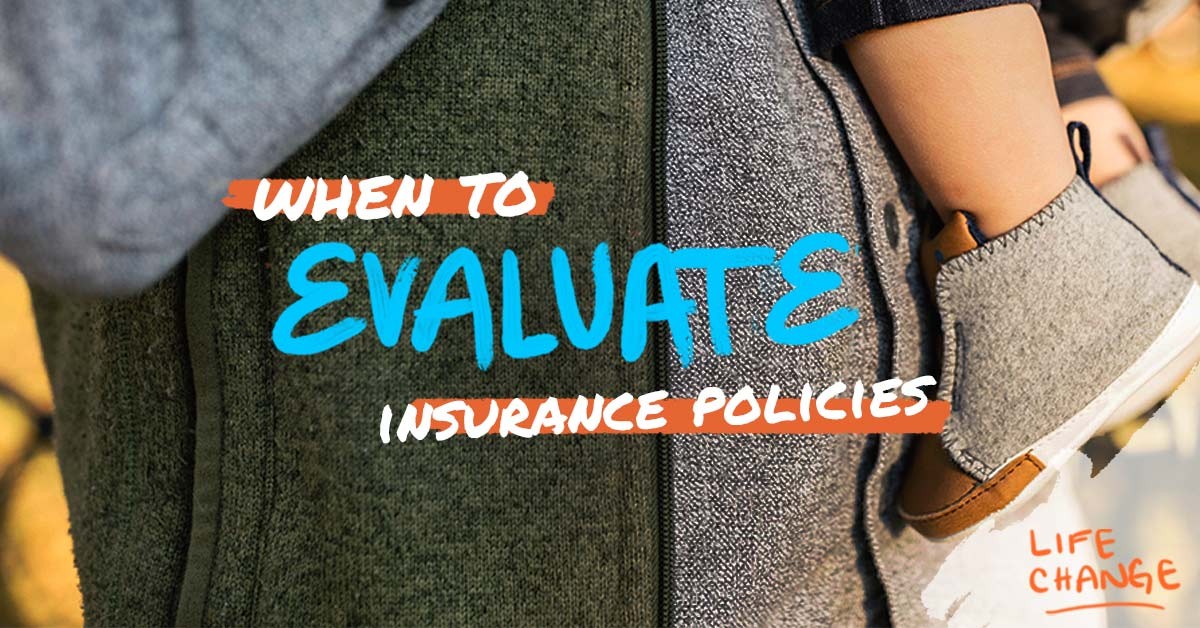Insurance rarely makes headlines or sparks excitement in everyday conversation, yet its presence is deeply reassuring. It operates in the background, quietly supporting individuals, families, and businesses through life’s uncertainties. This understated role is precisely what makes insurance a form of quiet strength. It doesn’t demand attention or dramatize its importance, but when life takes an unexpected turn, insurance steps in with stability and resolve. It’s the kind of strength that doesn’t boast—it simply shows up when needed most, offering protection, continuity, and peace of mind.
In the business world, quiet strength is often associated with resilience and foresight. Companies that invest in comprehensive insurance coverage are not just hedging against risk; they’re demonstrating a commitment to long-term sustainability. A manufacturer with property and liability insurance isn’t just protecting its assets—it’s signaling to employees, investors, and customers that it takes its responsibilities seriously. When a fire or flood disrupts operations, the insured business can recover more quickly, maintain payroll, and honor contracts. That ability to absorb shocks and keep moving forward is a hallmark of quiet strength. It’s not flashy, but it’s foundational.
For individuals, insurance reflects a similar mindset. Purchasing coverage is an act of care, not just for oneself but for others who might be affected by unforeseen events. A parent who secures life insurance isn’t dwelling on worst-case scenarios—they’re ensuring that their children will be financially supported no matter what. A young professional who opts for disability insurance is acknowledging that health and income are intertwined, and that preparation is a form of empowerment. These decisions are rarely celebrated, but they speak volumes about character and priorities. They show a willingness to plan, to protect, and to shoulder responsibility with quiet confidence.
The strength of insurance also lies in its ability to reduce anxiety. Knowing that coverage is in place allows people to focus on growth rather than fear. A homeowner with comprehensive insurance can invest in renovations without worrying about natural disasters. A traveler with health coverage abroad can explore new places without the burden of “what if.” In business, leaders who know their operations are insured can take calculated risks, innovate, and pursue new markets. Insurance doesn’t eliminate uncertainty, but it transforms it into something manageable. That transformation is subtle but powerful—it creates space for ambition and creativity to flourish.
Another dimension of quiet strength is consistency. Insurance is built on principles of reliability and predictability. Premiums are paid regularly, policies are reviewed periodically, and claims are processed according to established protocols. This rhythm creates a sense of order in a world that often feels chaotic. It’s the kind of strength that doesn’t waver, even when circumstances do. During economic downturns, natural disasters, or personal crises, insurance remains a steady presence. It doesn’t solve every problem, but it cushions the impact and provides a path forward. That steadiness is invaluable, especially when everything else feels uncertain.
Insurance also fosters a culture of responsibility. When people and organizations choose to insure, they’re acknowledging that actions have consequences and that preparation matters. This mindset encourages thoughtful decision-making and risk awareness. A business that insures its fleet is more likely to invest in driver training and vehicle maintenance. An individual with health insurance may be more proactive about preventive care. These behaviors contribute to broader stability and well-being. They reflect a quiet strength that extends beyond the policy itself—it influences choices, habits, and values.
Importantly, quiet strength doesn’t mean passive acceptance. Insurance is not about waiting for disaster—it’s about actively shaping a safety net that aligns with one’s goals and circumstances. It requires reflection, research, and sometimes difficult conversations. Choosing the right coverage involves understanding risks, evaluating options, and making trade-offs. It’s a strategic process, and those who engage with it thoughtfully are exercising a form of strength that’s both intellectual and emotional. They’re not just buying protection—they’re building resilience.
In a broader sense, insurance contributes to societal strength. It enables recovery, supports economic stability, and fosters trust. Communities affected by natural disasters rely on insurance to rebuild homes, businesses, and infrastructure. Workers injured on the job depend on coverage to receive care and compensation. These systems may not be perfect, but they represent a collective commitment to support one another in times of need. That commitment is quiet, often invisible, but deeply impactful. It’s the kind of strength that holds societies together, even when tested by adversity.
Ultimately, insurance is a quiet strength because it operates with humility and purpose. It doesn’t seek recognition, but it delivers reassurance. It doesn’t promise invincibility, but it offers resilience. In a world that often celebrates bold moves and loud declarations, insurance reminds us that strength can also be found in preparation, in consistency, and in care. Whether protecting a family, a business, or a community, insurance stands as a testament to the power of thoughtful planning and enduring support. It’s not just a financial product—it’s a quiet force for stability in an unpredictable world.





